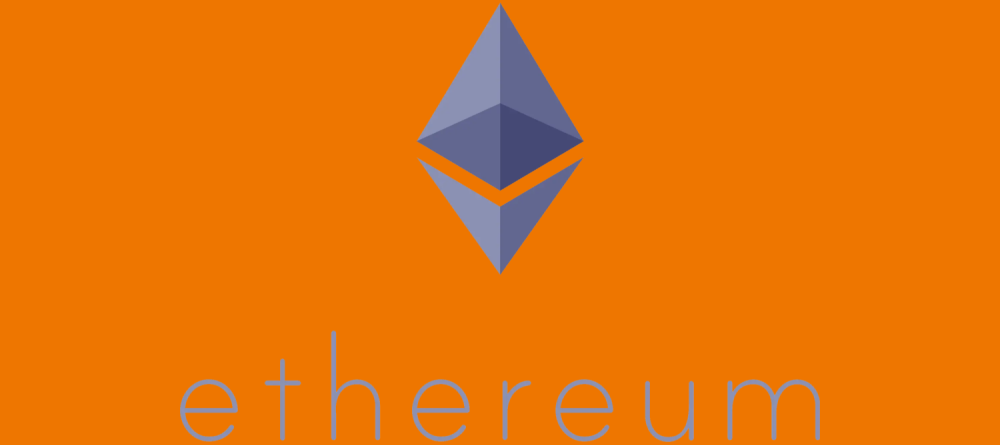Ethereum: The Revolutionary Decentralized Platform Redefining the Digital Landscape
Introduction
In the dynamic digital landscape, blockchain technology has emerged as a transformative power, reshaping communication, trade, and online business practices. At the forefront of this transformative movement lies Ethereum, an influential decentralized platform that has captivated the global stage since its inception in 2015. In this blog post, we will embark on a journey into the captivating realm of Ethereum, delving into its prominent features, diverse applications, and significant impact on various industries.
Understanding Ethereum
Ethereum, co-founded by Vitalik Buterin, is an open-source blockchain platform that enables developers to build decentralized applications (DApps) on its network. Unlike Bitcoin, which primarily serves as a digital currency, Ethereum serves as a flexible and programmable platform that facilitates the creation of smart contracts.
1. Smart Contracts: The Backbone of Ethereum
Support for smart contracts is one of Ethereum’s most revolutionary features. These programmed self-executing contracts take effect when certain requirements are satisfied. Smart contracts do away with the need for middlemen, which lowers costs, improves security, and increases transparency in a variety of operations, including financial services, real estate transactions, and supply chain management.
2. Ether (ETH): The Native Cryptocurrency
The native cryptocurrency used to power transactions and computational services on the platform is called “Ether,” and it is sometimes referred to as the “fuel” of the Ethereum network. By market capitalization, Ether is the second-largest cryptocurrency. It has grown to be a considerable store of wealth and a well-liked investment choice, drawing both individual and institutional investors.
3. Decentralized Applications (DApps)
The Ethereum platform has given rise to a vast ecosystem of decentralized applications (DApps). These applications run on the Ethereum blockchain, benefiting from its secure and transparent nature. DApps have disrupted numerous industries, including finance, gaming, supply chain, healthcare, and identity verification.
4. Decentralized Finance (DeFi)
Decentralized finance (DeFi) is one of Ethereum’s most noteworthy application cases. DeFi systems use smart contracts to deliver conventional financial services directly to customers, cutting out middlemen. Users may effortlessly trade, lend, borrow, and earn interest on their digital assets. The DeFi industry has seen rapid expansion, with billions of assets trapped in several protocols that are changing the face of international finance.
5. NFTs: Unlocking Digital Ownership
Non-fungible Tokens (NFTs), digital assets that reflect ownership of distinctive goods like art, music, virtual real estate, and collectibles, have become increasingly popular as a result of Ethereum. The art and entertainment sectors have undergone a transformation because to NFTs, which enable producers and collectors to do direct business without the aid of conventional markets.
6. Scalability and Ethereum 2.0
Even while Ethereum has been incredibly successful, its scalability issues have come to light during times of significant network activity, causing congestion and rising transaction costs. Ethereum has been working on a significant update known as Ethereum 2.0 to solve these issues. By switching the platform’s consensus process from a proof-of-work (PoW) to a proof-of-stake (PoS) one, this update hopes to greatly boost transaction throughput and energy efficiency.
Conclusion
Without a doubt, Ethereum has had a lasting impact on the financial and technological industries. Developers, business owners, and consumers all around the world have been given more power by its forward-thinking approach to blockchain technology and development of an adaptable platform for decentralized apps. Ethereum’s influence will probably grow as it continues to develop and tackle scalability issues with Ethereum 2.0, encouraging creative solutions and altering several sectors for years to come. With Ethereum at the forefront, a new age of trust, transparency, and limitless potential in the digital world is emerging.








Leave a Reply